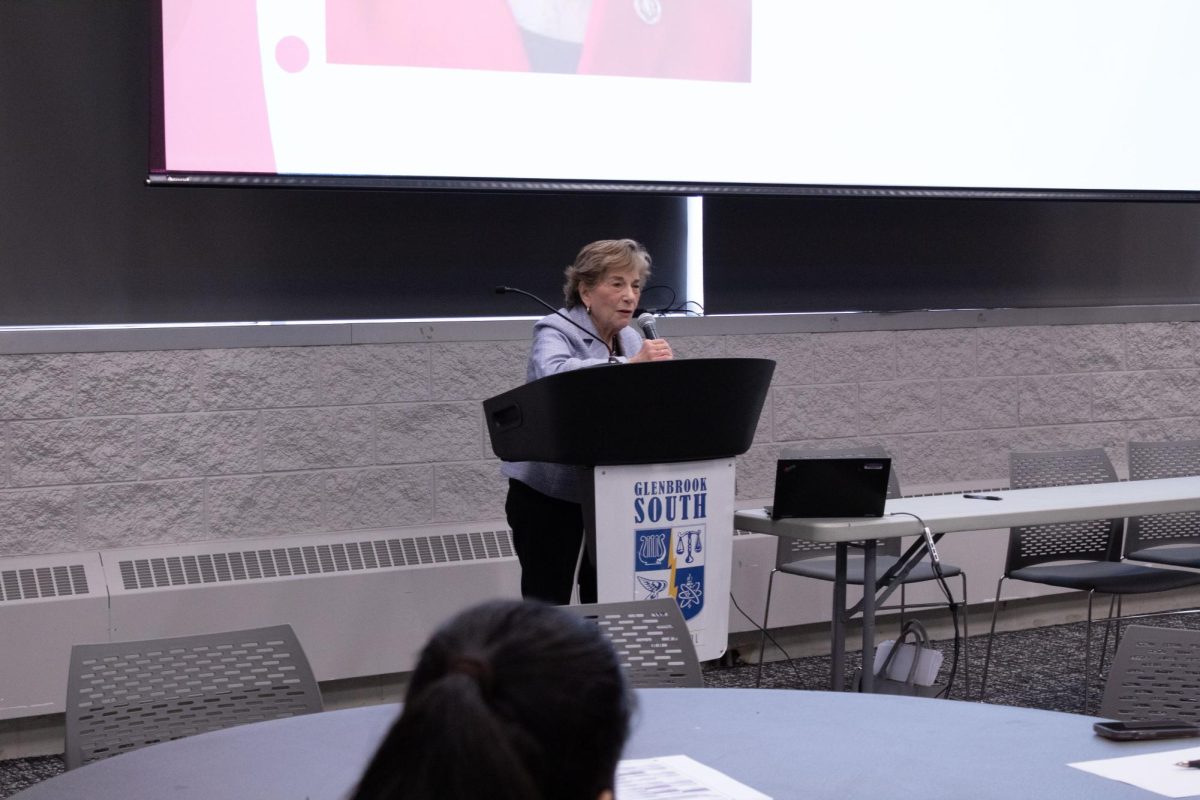As of Nov. 4, the United States has confirmed four cases of the Ebola virus within its borders, the last of which was reported on Oct. 23. Before the virus’s recent outbreak in West Africa, Ebola’s first known identification was in 1976 in South Sudan and is believed to have originated from the African fruit bat. Data collected by the World Health Organization (WHO) has reported only 1,716 cases of Ebola between its first year and 2013. However, according to the WHO, as of Oct. 29, there are an estimated 13,567 cases of the disease and 4,960 deaths. The most recent outbreak began in early August, with the most severe endemics in western African nations of Liberia, Sierra Leone, and Guinea. However, in the last month, 17 cases have been reported outside of the originating continent. Contrary to popular belief, Ebola is not airborne. According to the Center for Disease Control (CDC), the only way to contract the disease is through the direct contact with blood or other bodily fluids. It is possible to interact with infected persons so long as there is no contact with any fluids or the patient themselves. Of the four confirmed cases in the United States, one of patients was an American medical aid worker in Guinea with Doctors Without Borders. Two of the four were healthcare workers who had helped to treat the first patient diagnosed in the U.S, a man from Liberia who passed away a little over a week after his diagnosis. While one of the living patients has been formally discharged, the other two remain in isolation receiving intensive treatment from hospitals in the U.S. The Ebola virus has an average fatality rate of 50%, but the chances of survival are much higher in developed countries with stronger health care systems and advanced treatment abilities. Currently there is no official treatment or vaccine for the disease, although many health institutions have been working on experimental treatments and vaccines, including the currently unapproved drug “ZMapp.” ZMapp is still in early stages of testing and has yet to be fully evaluated, according to the CDC. The most effective ways to stop the outbreak in Africa and the United States include isolation, education and control. But control and isolation have been particular points of contention within the United States, as the possibility of travel restrictions to and from Ebola endemic areas in Africa has been discussed. However, President Barack Obama has expressed sentiments against the travel ban, especially because it could discourage American health workers who may want to continue to help fight the endemic abroad. President Obama stated in an interview with Reuters that should states decide to impose such restrictions, they would “just [be] putting another barrier on someone who’s already doing really important work on our behalf.” The most recent controversy regarding these policies include the quarantine of nurse Kaci Hickox from Maine who, despite testing negative for Ebola, was forced into isolation after landing in Newark, New Jersey upon returning home from Sierra Leone. Persons in quarantine are expected to remain in isolation for 21 days. Despite the debate on the political level in regards to Ebola, many Americans also are unsure as to how to handle the disease and what it means now that it has entered the United States’ borders. According to a Gallup poll published on Oct. 7, approximately one in five Americans are worried about contracting the disease, the same level of worry as reported with the H1N1 virus in 2009. The CDC, however, reassures that the probability of contracting Ebola is extremely low, and the potential for the disease to reach a crisis level in the United States is just as low, if not, lower, than the chances of personally contracting it, hopefully dissipating any common worries that the virus will reach home







